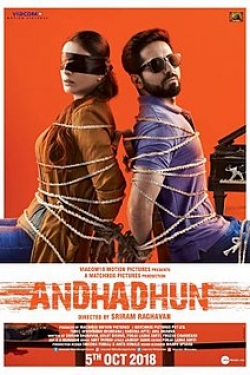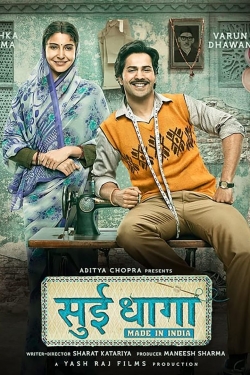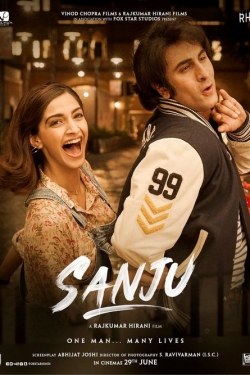Top Rated Films
Sukanya Verma's Film Reviews
-
There’s a strong possibility that you may experience some difficulty in hearing even the voices of your much-assaulted, still recovering head after watching Transformers: Age of Extinction. Given the unexplained draw the Transformers brand has, I won’t be surprised if this one works too. But nearly three hours divided in yawns and headache prompts me to repeat what Optimus Prime says in the end, “Leave Planet Earth alone.”
-
What’s great about How To Train Your Dragon 2 is that it doesn’t take its inevitable existence for granted. Rather it’s a continuation of the tale instead of yet another victim of the forced franchise syndrome.
-
Edge of Tomorrow may not be a faithful adaptation of Hiroshi Sakurazaka’s novel All You Need Is Kill but it’s a damn energetic one…
-
Heropanti’s sole purpose is to let us know there’s a new actor on the entertainment scene. Nothing about Heropanti is fresh or clever. Saddled with a pedestrian setup, ghastly writing, old-fashioned treatment, tacky styling and uninspiring co-stars, Tiger has little going in his favour.
And the way I see it, he could not have asked for a shoddier launch. Yet somehow beneath the pin-up torso, the soulful eyes and an awkward smile — a genuine, graceful, likeable boy comes through.
-
Director Gareth Edwards delivers a satisfactory reboot of the iconic monster movie!
-
The idea behind Kya Dilli Kya Lahore is to once again point out the futility of war as well as highlight why human comes before being. And Vijay Raaz accomplishes that to a reasonable extent in his first filmmaking effort.
-
Kaanchi must have read important on paper but it’s complete baloney on celluloid.
-
Bhoothnath Returns starts off with a fascinating premise but drags towards the end. Whatever connect the towering Bachchan makes with his viewer is rudely disrupted to accommodate mediocre songs or misplaced sentimentalism in a prolonged slide show of poignant portraits making Bhoothnath’s return quite a drag in the end.
-
Very few films concern themselves with questions. Most of them are too eager to provide inspiration or make statements. But in Rajat Kapoor’s Ankhon Dekhi, curiosity is what drives its premise and suspension of disbelief is entirely abandoned. Discerning viewer, witness it you must.
-
It never quite establishes its chief motive. Instead Asthana’s tentative approach struggles to interrelate the pertinent issues, lend it dimensions and wisdom, resorting to simplistic conclusions when it cannot find the balance.

























